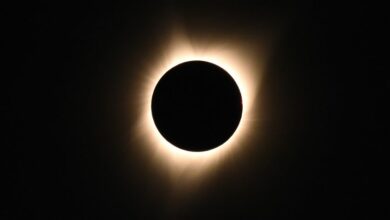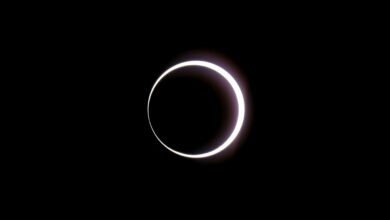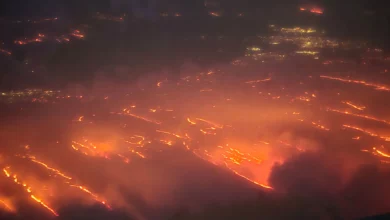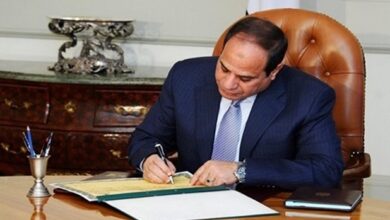
The United States and Canada vowed Friday to work together in the fight against the Islamic State, even if Ottawa plans to withdraw its jets from the campaign.
Secretary of State John Kerry and foreign ministers Stephane Dion of Canada and Claudia Ruiz Massieu of Mexico struck an upbeat tone at their annual get-together.
But Dion made it clear that when Canada's new Liberal prime minister, Justin Trudeau, announces his war plan, his country's six CF-18 jets will leave Syrian skies.
Dion will now travel to Rome next week to join Kerry and two dozen more leaders from the US-led coalition to discuss new ways to work together against the threat.
"Air strikes will continue even if Canada invests its efforts in other areas that are also necessary, and soon we will announce what these efforts will be," Dion said.
"We will continue our discussion on this in Rome soon."
Kerry appeared satisfied by Canada's promise, acknowledging its effort in the fight so far and predicting a strong future coalition effort.
"And Canada has played an outsized role really already in many different ways in both the military and the humanitarian component of the counter-Daesh struggle," Kerry said.
"And I am absolutely confident from my conversation with Stephane that the prime minister and his security team are working on ways to continue the contribution and to continue to make a significant contribution to our efforts."
The talks also formed part of preparations Trudeau's state visit to Washington on March 10 as US President Barack Obama's guest.
"I know President Obama is very excited about welcoming Prime Minister Trudeau to Washington," Kerry said.
"This is the first official visit of a Canadian head of government in nearly two decades, long overdue and much anticipated."
The young Canadian leader's government is expected to have more in common with the Democratic administration south of the border than did its Conservative predecessor, but there are points of concern.
Ottawa's plans to withdraw its warplanes from the US-led coalition targeting IS fighters in Syria is a symbolic blow against allied unity in the fight.
And the Liberal government also expects to review the terms of the Trans-Pacific Partnership — a 12-country deal that Kerry and Obama see as key to the US trade agenda in their final year in office — before ratifying it.
On the TPP treaty, the American side hopes it will have more success, despite concerns raised by some of the Liberal lawmakers who now form a majority in the Canadian parliament.
Canada's government said Monday that it would sign the free trade deal next week at a meeting of the 12 partner countries from around the Pacific basin.
'Still have questions'
But, before the treaty is ratified, the Canadian parliament will want to debate it, and Trade Minister Chrystia Freeland has acknowledged that some have concerns.
"Many Canadians still have not made up their minds and many more still have questions," she said on Monday.
A US official traveling with Kerry said Washington was aware of the concerns, but still confident the deal would be approved in Ottawa.
"That was pretty clear, even in the campaign, and so we're looking forward to being able to move ahead," she said.
And, with Ruiz Massieu, the US delegation is keen to discuss the case of recaptured drug cartel boss Joaquin "El Chapo" Guzman, whom Washington is keen to see extradited as soon as possible to face charges in the US.




